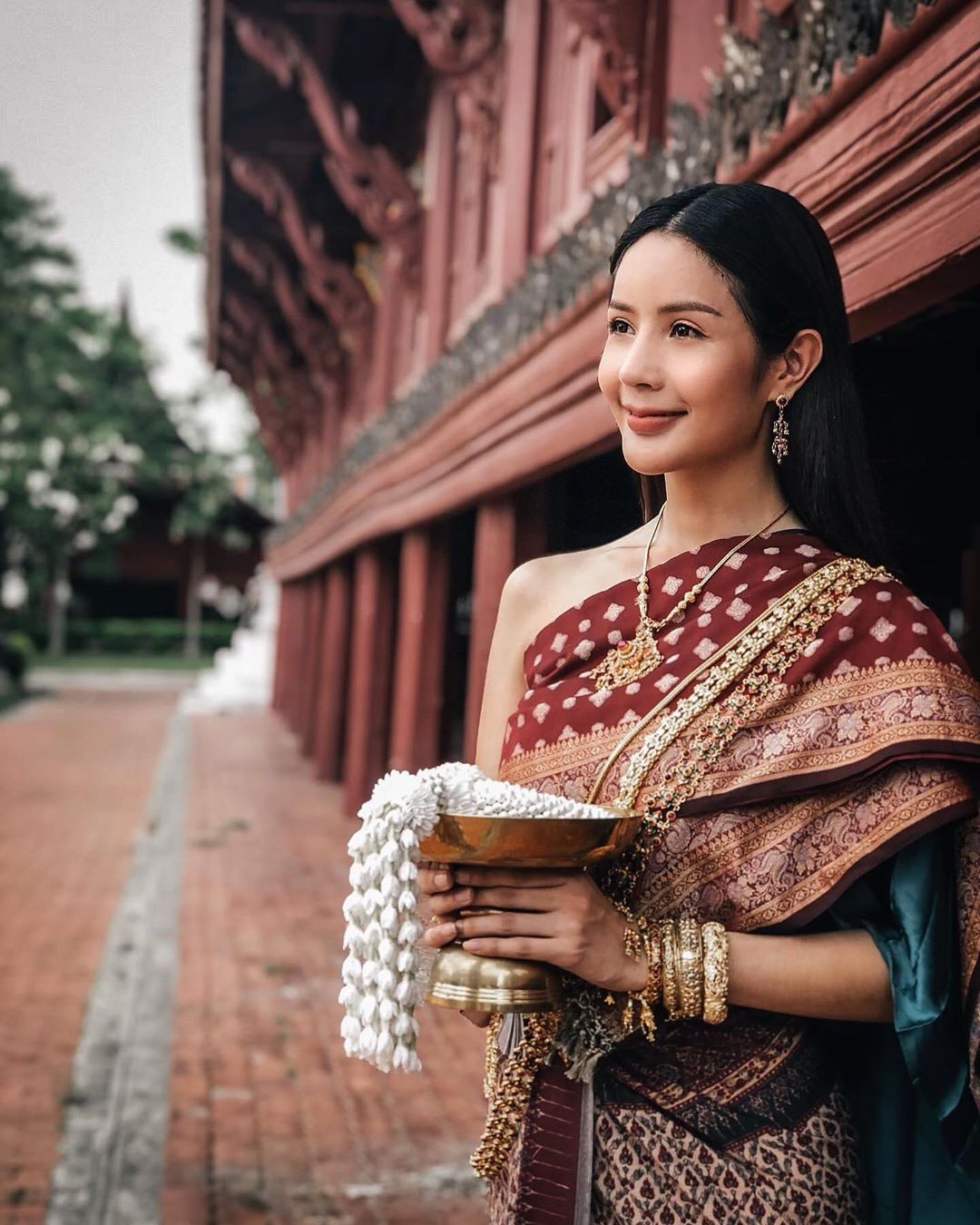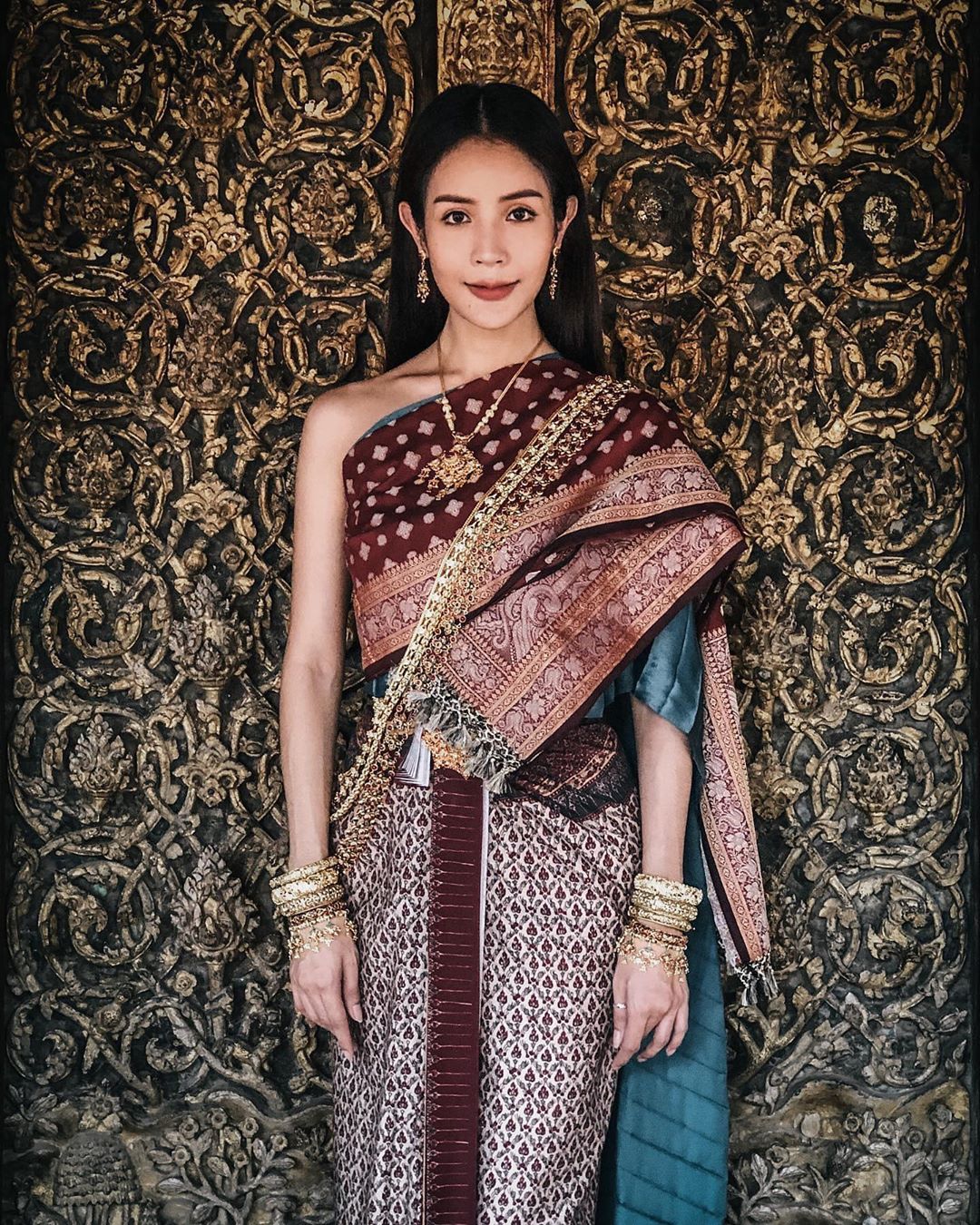The culture of ladyboys in Thailand is a vibrant and unique aspect of the country's rich social tapestry. Known locally as "kathoey," these individuals often embody a blend of both male and female characteristics, challenging traditional gender norms. This article delves deep into the history, social acceptance, and cultural significance of ladyboys in Thailand, shedding light on their roles in society and the challenges they face.
With a population that proudly embraces diversity, Thailand stands out as a beacon of acceptance in Southeast Asia. As we explore the various dimensions of ladyboy culture, we will uncover the complexities of their identities, the evolution of societal attitudes, and the influence of mainstream media on public perception. By the end of this article, readers will have a comprehensive understanding of this intriguing aspect of Thai culture.
So, if you are curious about the world of ladyboys in Thailand, their cultural significance, and the history that shapes their experiences, read on. This article will provide a thorough examination of the ladyboy phenomenon, enriched with insights and perspectives that highlight both their struggles and triumphs.
Table of Contents
- History of Ladyboys in Thailand
- Social Acceptance and Representation
- Cultural Significance of Ladyboys
- Challenges Faced by Ladyboys
- Media Representation of Ladyboys
- Personal Stories of Ladyboys
- Conclusion
- References
History of Ladyboys in Thailand
The concept of gender fluidity has deep roots in Thai history, with historical records indicating the existence of kathoey as far back as the Ayutthaya period. These individuals were often seen in the royal courts and had specific roles in traditional Thai dance performances.
In ancient Thailand, ladyboys were not only accepted but were also considered to have special spiritual powers. They were often associated with fertility and luck, which gave them a unique status in society. This historical acceptance laid the foundation for the visibility of ladyboys in contemporary Thailand.
Modern Evolution
The modern era has seen a transformation in the perception of ladyboys. In the 20th century, as Thailand began to embrace tourism, kathoey became iconic figures in the entertainment industry. Cabarets and beauty pageants featuring ladyboys gained popularity, showcasing their talents and challenging societal norms.
Social Acceptance and Representation
Social acceptance of ladyboys varies across different regions of Thailand. In urban areas, particularly in Bangkok, ladyboys are more visible and often celebrated for their contributions to entertainment and fashion. However, in rural areas, traditional gender roles still dominate, leading to a more conservative view of kathoey.
Despite the challenges, the Thai government has made strides toward improving rights for the LGBTQ+ community, including ladyboys. Legal recognition and protections are slowly evolving, although there is still a long way to go in terms of societal acceptance.
Community and Support Networks
Within the ladyboy community, strong support networks exist to help individuals navigate the complexities of their identities. Organizations and advocacy groups work tirelessly to promote awareness and acceptance, providing resources and support to those in need.
Cultural Significance of Ladyboys
Ladyboys hold a significant place in Thai culture, often serving as symbols of beauty and grace. They are prominent figures in traditional performances and festivals, showcasing their talents in dance and music. This cultural representation helps challenge stereotypes and fosters a broader understanding of gender diversity.
The influence of ladyboys extends beyond entertainment; they are also involved in various aspects of Thai life, including fashion and beauty. Many ladyboys have become successful entrepreneurs, creating their own brands and businesses, further contributing to the economy and cultural landscape.
Representation in Festivals
During major Thai festivals, such as Songkran and Loy Krathong, ladyboys take center stage, participating in parades and cultural performances. Their involvement not only highlights their talents but also promotes acceptance and appreciation for gender diversity within the community.
Challenges Faced by Ladyboys
Despite the advancements in social acceptance, ladyboys continue to face significant challenges in Thai society. Discrimination and stigma remain prevalent, often leading to difficulties in securing employment and accessing healthcare services.
Many ladyboys report experiences of bullying and harassment, which can take a toll on their mental health. The lack of legal recognition for gender identity further complicates their lives, making it challenging to navigate public services and personal relationships.
Economic Disparities
Economic opportunities for ladyboys are often limited, leading many to pursue work in the entertainment industry, which can be precarious and exploitative. While some achieve fame and success, others struggle to find stable employment, reinforcing the cycle of marginalization.
Media Representation of Ladyboys
The portrayal of ladyboys in media has evolved over the years. While early representations often reinforced stereotypes, contemporary media is beginning to showcase more nuanced and authentic depictions of kathoey.
Television shows, films, and social media platforms are increasingly featuring ladyboys as multifaceted characters, contributing to a shift in public perception. This representation is crucial in fostering understanding and acceptance among the broader population.
Impact of Social Media
Social media has played a significant role in amplifying the voices of ladyboys, allowing them to share their stories and experiences. Platforms like Instagram and TikTok have become avenues for self-expression, enabling ladyboys to connect with audiences and build communities.
Personal Stories of Ladyboys
Understanding the experiences of ladyboys requires listening to their personal stories. Many kathoey have shared their journeys of self-discovery, acceptance, and resilience, shedding light on the realities they face.
These narratives often highlight the struggles of coming out, the quest for acceptance from family and society, and the triumphs of finding a place in the world. By sharing their stories, ladyboys inspire others and foster empathy among those who may not understand their experiences.
Inspirational Figures
Several prominent ladyboys have emerged as inspirational figures, using their platforms to advocate for LGBTQ+ rights and raise awareness about the challenges faced by the community. These individuals are not only redefining beauty standards but also challenging societal norms, paving the way for greater acceptance.
Conclusion
The culture of ladyboys in Thailand is a testament to the country's rich diversity and evolving social landscape. While challenges remain, the resilience and contributions of kathoey continue to shape Thai culture in profound ways. Understanding and embracing the complexities of gender identity can lead to a more inclusive society.
As we reflect on the fascinating world of Thai ladyboys, it's essential to support initiatives promoting awareness and acceptance. If you have personal experiences or thoughts to share, we invite you to leave a comment below or share this article with your friends to foster broader conversations about gender diversity.
References
- Ruth, M. (2020). "Ladyboys: The History and Culture of Kathoey in Thailand." Thailand Journal of Social Studies.
- Smith, J. (2021). "The Evolution of Ladyboys in Thai Media." Journal of Asian Cultural Studies.
- Thompson, L. (2019). "Understanding Gender Identity in Thailand." Southeast Asian Gender Studies Review.
- World Bank. (2023). "LGBTQ+ Rights and Economic Opportunities in Southeast Asia." World Bank Publications.


